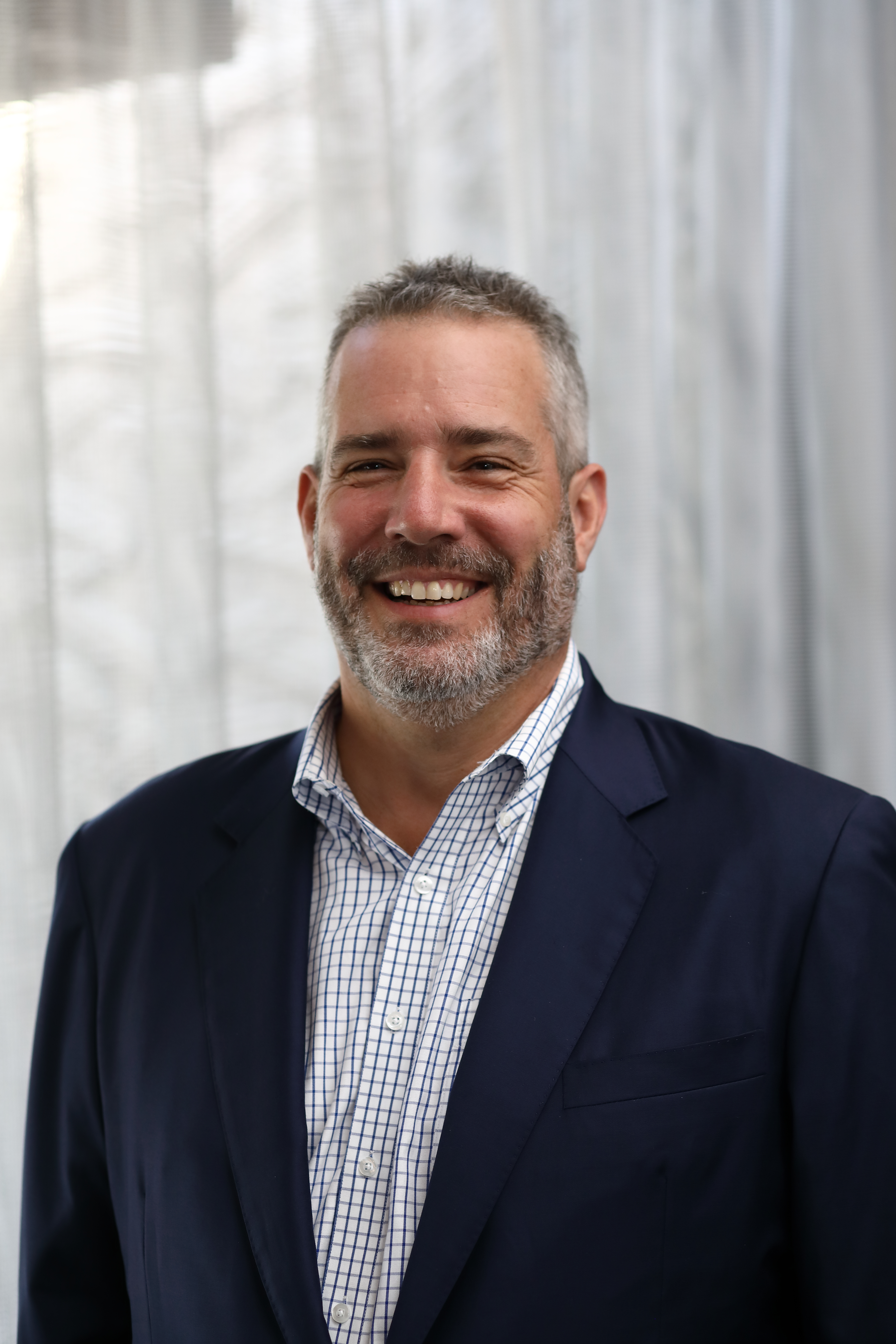Patient Empowerment In A Changing Environment
By Jim Cavan, Backpack Health

Health is not just occasional moments throughout a lifespan, but an ongoing journey with unexpected turning points, peaks, and valleys. While the current healthcare system is centered around 15-minute appointments with doctors and specialists, most of what impacts one’s health occurs not during those visits, but in between them. During these long stretches of time, medications change, symptoms fluctuate, additional labs and tests are administered, and visits to other specialists are scheduled. Health-related decisions take place nearly every minute of every day.
Managing, tracking and controlling one’s health journey can be a great challenge. For those living with, or caring for, someone with a complex, chronic, or rare condition, the challenge is even greater. In addition to the usual checkups and occasional tests and prescriptions, the complexities of rare diseases give patients far more to track and maintain, making a patient’s healthcare all the more nuanced and detailed. Furthermore, such patients and their caregivers find themselves in unexpected and overwhelming positions, often facing uphill battles, pushing for better cures or treatments where none may exist.
For patients, especially those with rare diseases, it is critical that they and their caregivers are empowered to be their own advocates. To be effective champions, patients need to own and manage their health data. An engaged patient or family member asks questions, shares their own observations, and adds their voice to care conversations. When in control of their medical records, patients and their families can actively participate in their care and more easily navigate everyday health decisions.
Informed Patients Have Better Health Outcomes
When health data is readily accessible to patients, everyone benefits. With complete access and control of their health information, patients break down data silos, creating an organized and coordinated health continuum and experience. With data control, patients are positioned to contribute to the conversation around their own health and treatments. Studies show that patients who are actively engaged in their care experience better health outcomes. The reasons are simple: informed patients take initiative and seek out additional health information, making them more likely to engage in healthy behaviors relevant to their conditions.
Healthcare Providers And The Healthcare System Benefit When Patients Are Informed
Informed patients are a resource to themselves, to providers, and to the healthcare system at large. Such an engaged patient is another set of eyes on the medical record, identifying and fixing errors to make care safer. Healthcare professionals are writing and reviewing thousands of records, but patients are focused on a relative few. When the healthcare system and providers share their knowledge with patients, be it data, test results, or clinical notes, the patients are able to better understand their own diagnosis, treatments, and why they were prescribed specific medications. That understanding translates into improved adherence and better outcomes.
An informed patient is better equipped to ask clinical staff questions, and in turn, to accurately answer any healthcare professional’s own queries about a patient’s diagnosis, medical history, family history, etc. Those with rare and complex conditions are particularly active in their care and well-versed on their disease state. Often, these patients find themselves in situations where they are more knowledgeable than their providers about their rare disease. Informed and empowered patients who move beyond a limited “read only” access approach to their data, question the information they are given, add comments to their health records, and tell their own stories. These well-informed patients paint a more complete picture of their health journey.
The Challenge Of Disparate Health Data
For someone managing their own health journeys, in addition to those of their children or other family members, the current model requires them to log into different accounts – whether portals, apps, or other online platforms – to access information about their loved ones. Further, if an individual or their family members have a complex or rare condition that requires the attention of various specialists at different hospital systems, the number of information sources continues to multiply. To make matters more complicated, different EHRs (electronic health records) don’t always communicate seamlessly with one another. As a result, patients may receive duplicate tests or have to postpone a procedure until one hospital receives their medical record from another health system.
Engaged patients and caregivers are at risk of experiencing data overload due to the sheer amount of information and data sources they have to manage. It can also be a struggle for these patients to accurately communicate everything that’s happening in their health journey to a care team, especially in an ever-changing healthcare landscape where treatments and technologies create a seemingly never-ending stream of data to be digested by both patients and their providers.
A Patient Engagement And Empowerment Solution
The key to patient empowerment lies in the centralization of health data. By having all of the health information in one place, patients can review what was discussed during previous doctors’ visits, accurately update their clinicians on changes in their health, clarify anything they don’t understand, and prepared themselves for their next doctor’s visit. With one centralized, easily accessible platform for all health data, patients are well positioned to be their best advocate for therapies and treatments. Furthermore, beyond advocating on an individual level, patients, families, and communities can come together on one singular platform and share their de-identified data, adding to the body of knowledge around their conditions. By aggregating information, health stories are amplified and made even more powerful.
Patients and families want to be involved in their care. With a platform for patient-driven communities to engage with, own, and share their data, the hope is that engaged and activated patients become the norm, not the exception. Every person is on their own health journey, and they are often presented with multiple challenges and complications. Gaining ownership to their own health data shouldn’t be one of them. It’s time to empower our patients and move healthcare forward.
About The Author
Jim Cavan, CEO & President of Backpack Health, is a health technology leader. With his recent focus on empowering patient communities, Jim has worked to increase the level of accessibility for health data, particularly for those with rare diseases. Through Backpack health, Jim is repairing the patient-provider relationship dynamic by creating a centralized, available platform for patients to easily access their health records, allowing them to manage their health details, care and communication.
